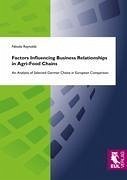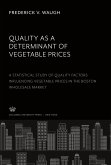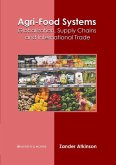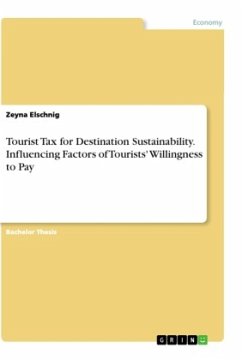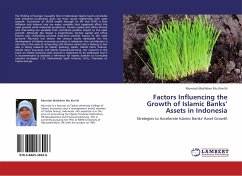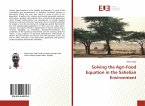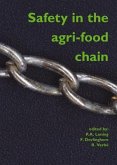German agri-food businesses are facing a changing business environment. New developments at the national and international level present challenges and opportunities for German agri-food supply chain businesses, from farmers to retailers. One way to deal with these challenges and exploit the opportunities is to improve the quality and the stability, i. e. the sustainability, of supply chain relationships among farmers, processors, and retailers. To appreciate the role of business relationships and communication in German agri-food systems, a thorough understanding of governance structures and the sustainability of business relationships, as well as the key driving forces behind them, is necessary. However, extensive research on governance structures and the sustainability of vertical business-to-business (B2B) relationships in the German agri-food sector has been scarce so far. Against this background, the main objective of this study is to generate implications for the development of improved B2B relationships. This is pursued by exploring the reasons for adopting more collaborative and formal governance structures and the determinants of sustainable business relationships in selected agri-food chains. This study encompasses a theoretical approach, a secondary research of national statistics, expert interviews, and a survey of farmers, processors, and retailers.
Hinweis: Dieser Artikel kann nur an eine deutsche Lieferadresse ausgeliefert werden.
Hinweis: Dieser Artikel kann nur an eine deutsche Lieferadresse ausgeliefert werden.

